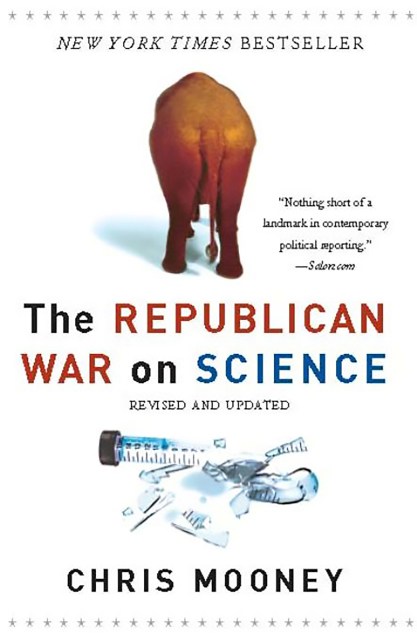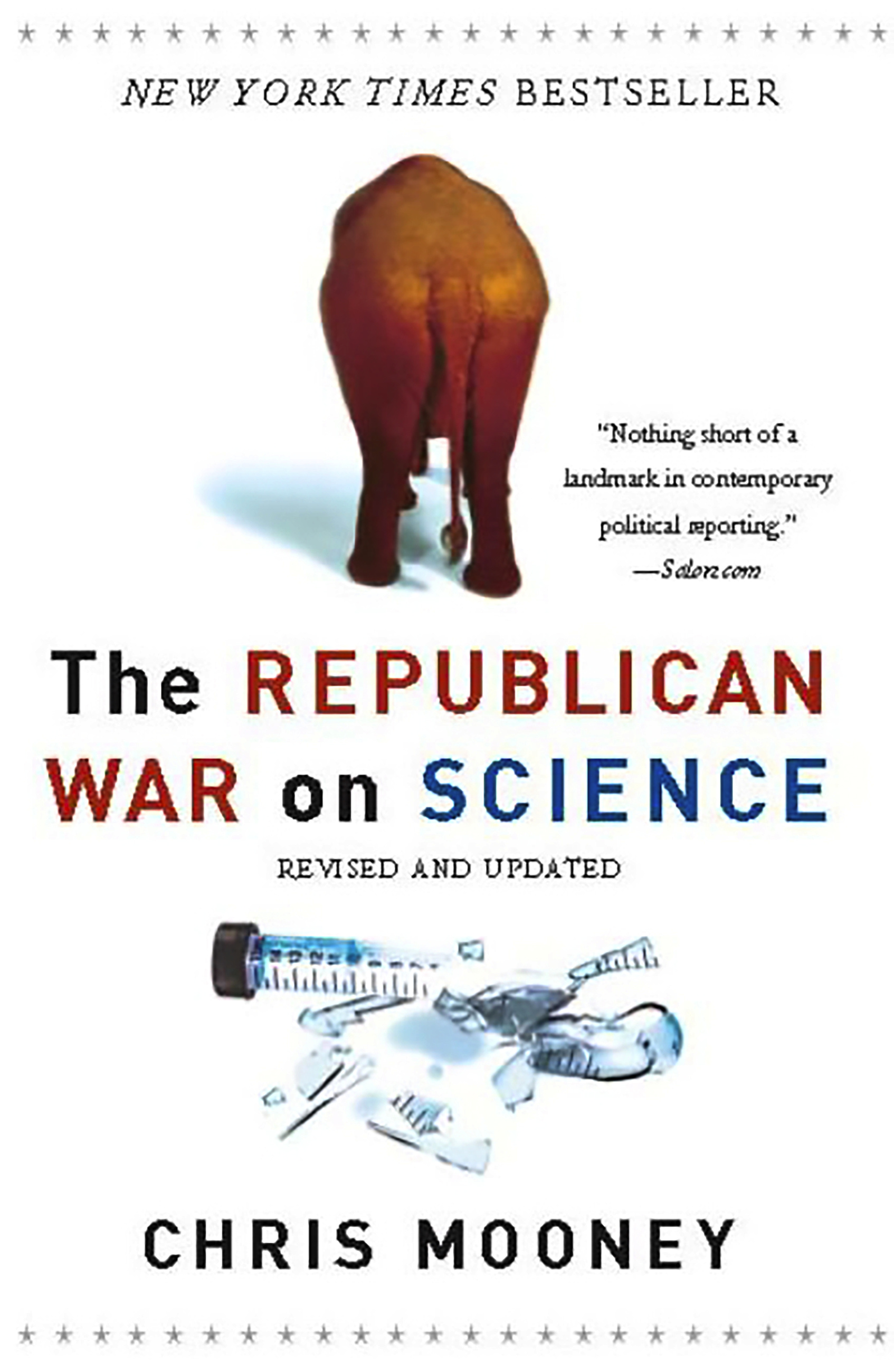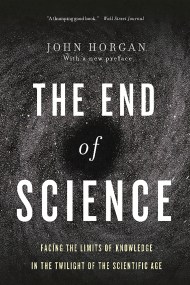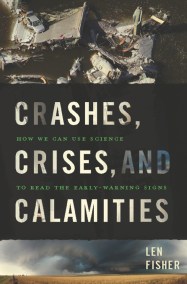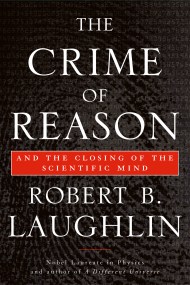Promotion
Use code MOM24 for 20% off site wide + free shipping over $45
The Republican War on Science
Contributors
By Chris Mooney
Formats and Prices
Price
$22.99Price
$29.99 CADFormat
Format:
- Trade Paperback $22.99 $29.99 CAD
- ebook $11.99 $15.99 CAD
This item is a preorder. Your payment method will be charged immediately, and the product is expected to ship on or around August 29, 2006. This date is subject to change due to shipping delays beyond our control.
Also available from:
Genre:
- On Sale
- Aug 29, 2006
- Page Count
- 376 pages
- Publisher
- Basic Books
- ISBN-13
- 9780465046768
Newsletter Signup
By clicking ‘Sign Up,’ I acknowledge that I have read and agree to Hachette Book Group’s Privacy Policy and Terms of Use
